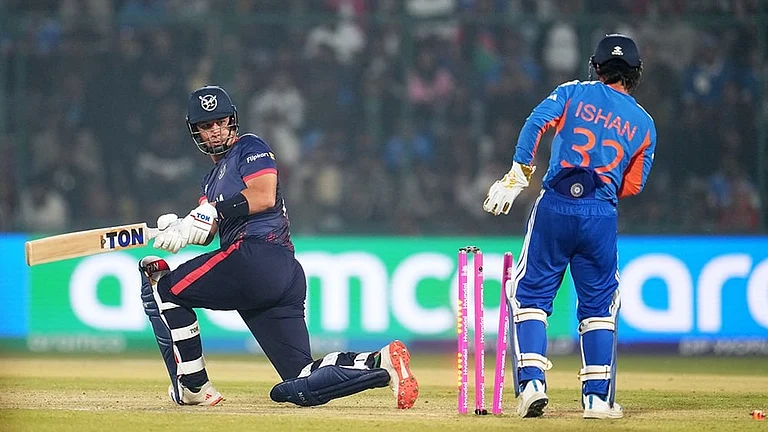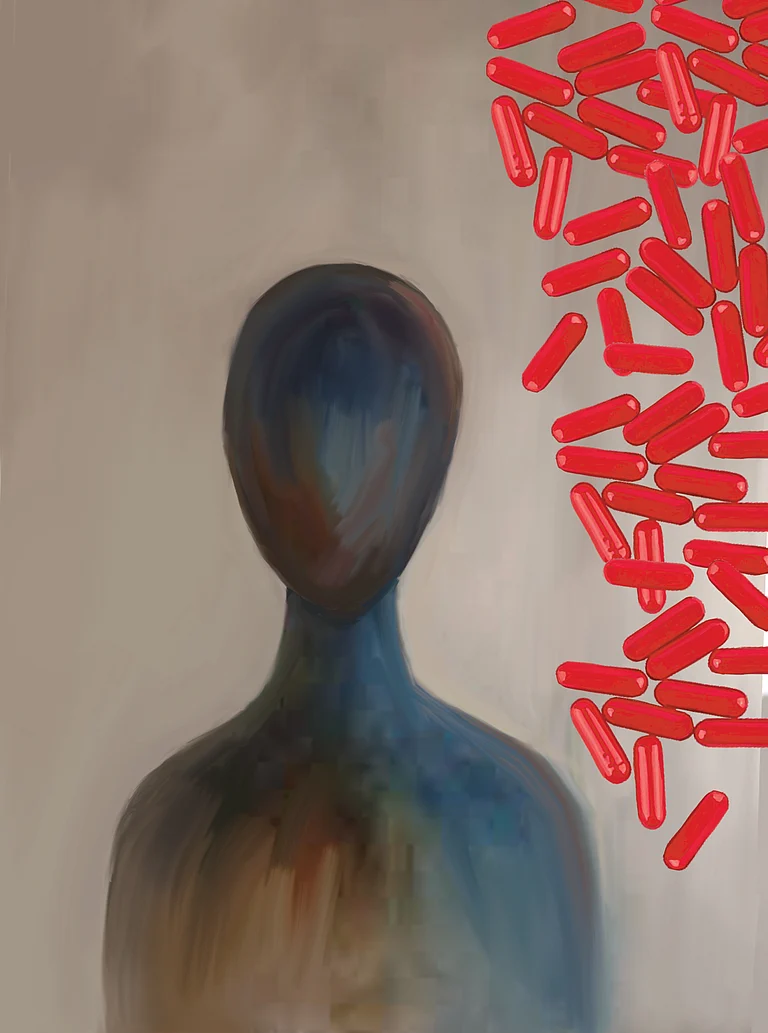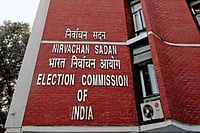As China finally consented to permit “some” Indian students to return to re-join studies after over two years of delay, a number of Indian professionals whose families are stuck back home due to Beijing’s stringent Covid visa rules have appealed to External Affairs Minister S Jaishankar to take up their plight with the Chinese government.
Many Indian professionals working in China for a long period ranging from five to 27 years sent a joint petition to Jaishankar on May 1, highlighting their anguish.
“We have been separated from our respective families including kids for more than 26 months due to the Covid-19 pandemic and related travel and visa disruptions," these professionals, who are based in Beijing, Shanghai and other cities, said in the petition submitted to the Indian Embassy here.
Among the petitioners are parents who have not seen their newborn babies for over two years besides others whose children were studying in China and could not return to re-join the schools due to the cancellation of visas and flights, disrupting their studies.
The families of dozens of Indian professionals left China in 2020 soon after coronavirus broke out in Wuhan. But many Indian professionals who have their business in China besides lucrative jobs could not return causing complete disruption of their lives and businesses.
The petition followed China’s last week decision to permit “some” Indian students among over 23,000 studying in Chinese universities to return as part of a limited opening up for foreign students, relaxing its stringent Covid protocols under which visas and flights to India remained cancelled.
“Actually, the work for Indian students’ return has already been started. All that remains to be done is for the Indian side to provide the list of students who really need to come back to China," Chinese Foreign Ministry spokesman Zhao Lijian told the media here on Friday.
Following the Chinese announcement, the Indian Embassy here sought the details of the students intending to return and requested the concerned students to provide the required information by May 8.
Welcoming Jaishankar's move to take up the students' issue during the March visit of Chinese Foreign Minister Wang Yi to New Delhi, the Indian professionals in their memorandum said “we humbly request you to use this opportunity to forward a list of our separated family members alongside the list of students to the Chinese authorities for their consideration on the humanitarian ground."
“At the end of two years of the pandemic, when life seems to be coming back to normal in many other parts of the world, unfortunately, we still don’t see any light at the end of the tunnel and our family life remains disrupted and hangs in uncertainty," their petition said.
Noting that Indian employees and their families of the Beijing-based Asia Infrastructure Investment Bank (AIIB) have been granted special permissions to enter China besides citizens of the US, Canada, many EU members, Japan, South Korea, and Singapore to return to work, they said the Chinese government should permit their families to return as well.
“I haven’t been able to meet my newborn baby even once. She will soon be two years old. I terribly miss my elder daughter too, who will be five this year. I feel so helpless about the current situation,” Anil Pande, an Indian media professional living in Beijing for over 12 years, who signed the petition, told PTI here.
Pande’s family, who used to live with him in Beijing, haven’t been able to return to China ever since they went back to India for a vacation in early January 2020, weeks before the Covid-19 outbreak in the Wuhan city. After Covid-19 became a pandemic, China closed down its borders and airports for international arrivals.
Pande’s wife was pregnant with their second child when they went for a family vacation in January 2020. While Pande flew back to Beijing in late January, his wife and daughter were scheduled to join him within two weeks in mid-February but by then flights to China were cancelled.
“I wanted to go back and see my child when she was born,” in July 2020 he said but by then Covid-19 was a global pandemic including in India. Two years on, he says his painful wait continues. Pande is just one among many such Indians who have been separated from their families.
Rakesh Kumar Sethi, an entrepreneur, said “my wife Ranjana went to India in December 2019 and we haven’t met since then. We are both senior citizens and need each other’s care due to health and psychological reasons.”
Sethi has lived in Beijing for the past 14 years and has steadily built his own company in Beijing with an annual turnover of USD one billion.
“I often look at the last photo that I took with my wife and daughter at the Beijing airport on February 1, 2020, the day they left for India amid the heightened worries over the new virus in China,” Abhishek G Bhaya, another Beijing-based media professional, told PTI.
“Never thought that would be the last time I would see them in person in over two years and counting,” Bhaya said.
“My daughter was five then, and now she is seven. These are crucial years to develop a filial bond and we are missing out on it. My wife is playing the role of a single parent, which is emotionally taxing on her. None of us was ready for this and the continuing uncertainty is mentally agonising and aggravated our anxiety levels,” he added.
Nikhil Kuthe, a Beijing-based Indian IT professional and a budding entrepreneur with a partnership in a thriving restaurant business whose wife and six-year-old son waiting to return for over two years, said: “I really hope that both the Indian and Chinese governments also take some positive step to get our dependent family members back to China. They are stuck in India for more than two years too.”
Sukesh Kumar, who worked in China for over 26 years, said his wife and two sons who went to India could not return for two years. “We have never been separated like this”, he said.
“In the process, my children's studies have been affected,” he said and urged the Chinese government to grant visas for their return for a family reunion.
"Kindly consider this as a special case to unite us together," said Kumar, who worked as a manager for a luxury car brand in Beijing


























